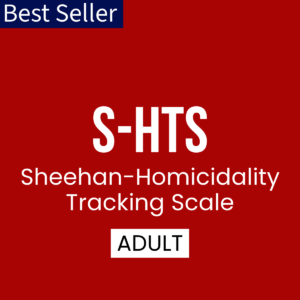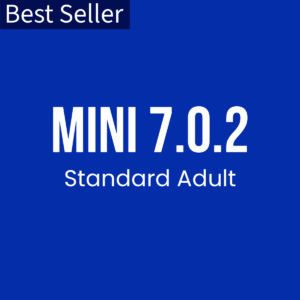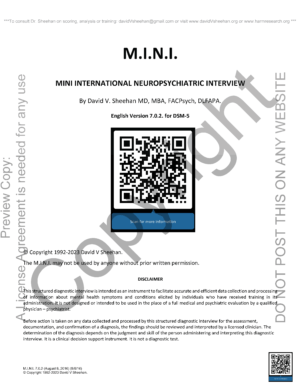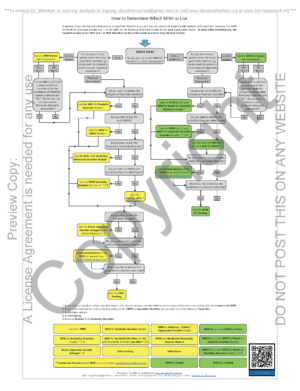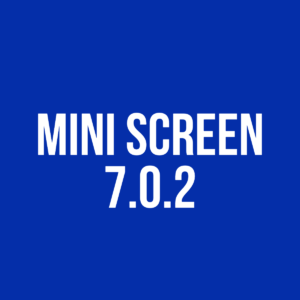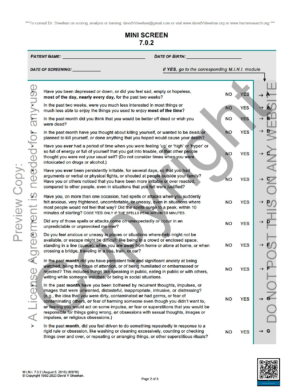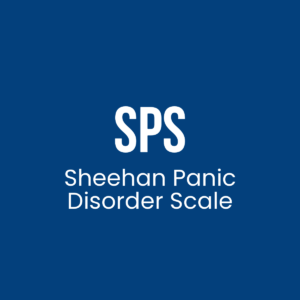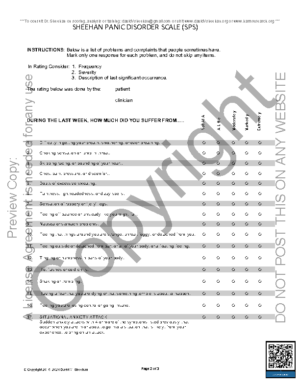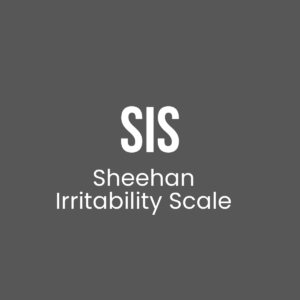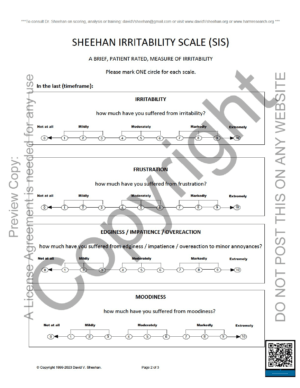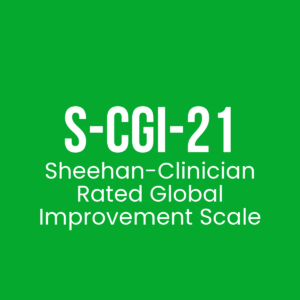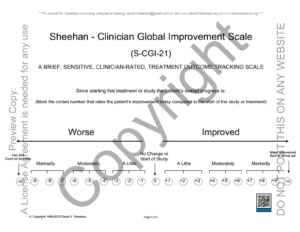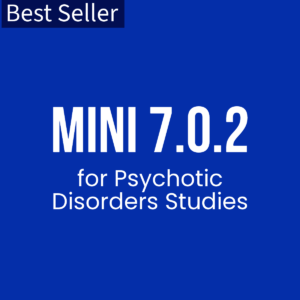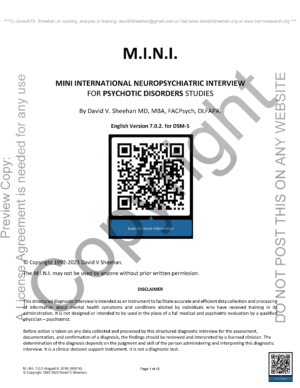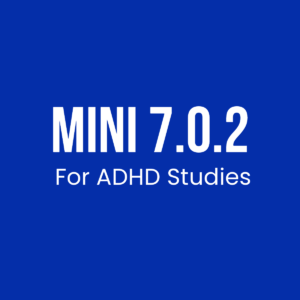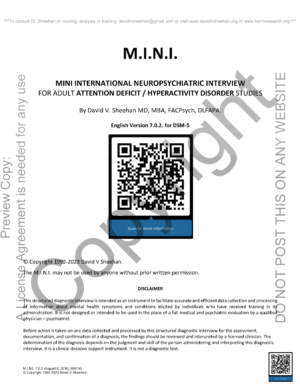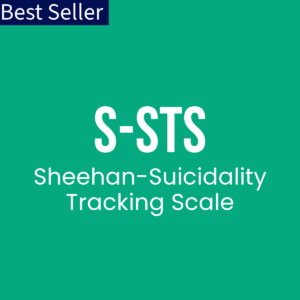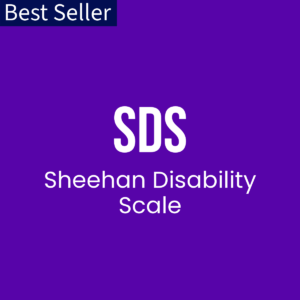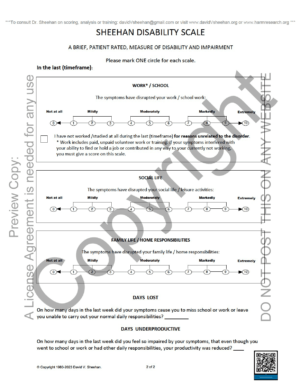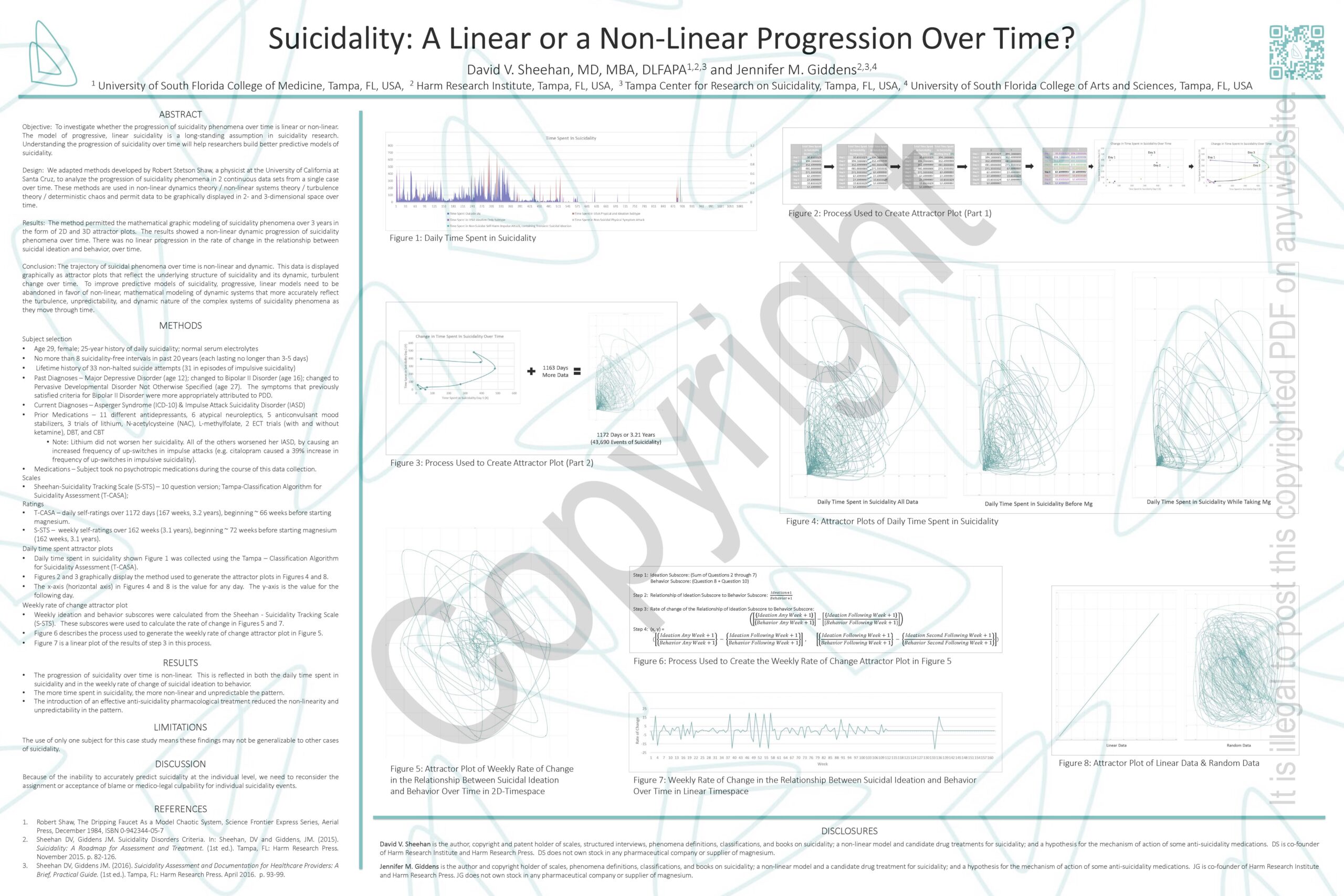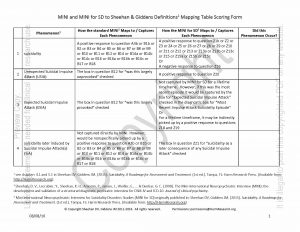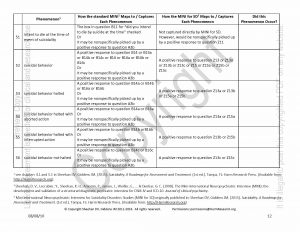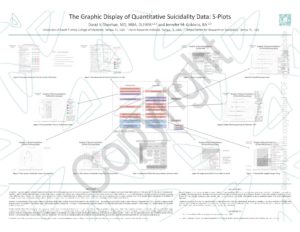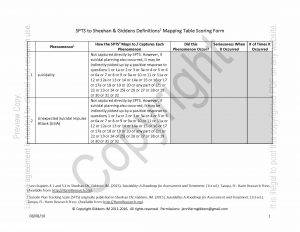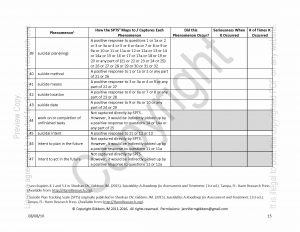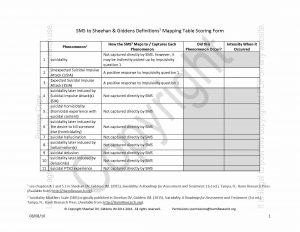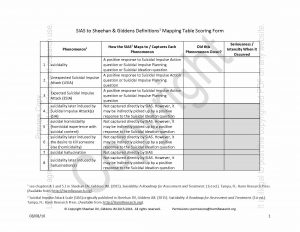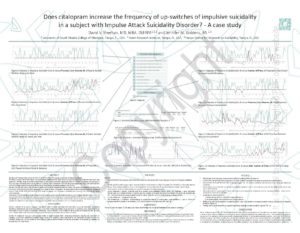The MINI used in paper format as a primary source document has been cited in over 30,000 publications.
We recommend using the following references (in order of priority) for the MINI for Adults when used on paper as a primary source document only:
- Sheehan DV, Lecrubier Y, Harnett-Sheehan K, Amorim P, Janavs J, Weiller E, Hergueta T, Baker R, Dunbar G: The Mini International Neuropsychiatric Interview (M.I.N.I.): The Development and Validation of a Structured Diagnostic Psychiatric Interview. J. Clin Psychiatry, 1998;59(suppl 20): 22-33. http://www.psychiatrist.com/JCP/article/Pages/1998/v59s20/v59s2005.aspx2.
- Sheehan DV, Lecrubier Y, Harnett-Sheehan K, Janavs J, Weiller E, Bonara LI, Keskiner A, Schinka J, Knapp E, Sheehan MF, Dunbar GC. Reliability and Validity of the MINI International Neuropsychiatric Interview (M.I.N.I.): According to the SCID-P. European Psychiatry. 1997; 12:232-241. DOI: http://dx.doi.org/10.1016/S0924-9338(97)83297-X3.
- Lecrubier Y, Sheehan D, Weiller E, Amorim P, Bonora I, Sheehan K, Janavs J, Dunbar G. The MINI International Neuropsychiatric Interview (M.I.N.I.) A Short Diagnostic Structured Interview: Reliability and Validity According to the CIDI. European Psychiatry. 1997; 12: 224-231. DOI: http://dx.doi.org/10.1016/S0924-9338(97)83296-84.
- Amorim P, Lecrubier Y, Weiller E, Hergueta T, Sheehan D: DSM-III-R Psychotic Disorders: procedural validity of the Mini International Neuropsychiatric Interview (M.I.N.I.). Concordance and causes for discordance with the CIDI. European Psychiatry. 1998; 13:26-34. DOI: http://dx.doi.org/10.1016/S0924-9338(97)86748-X
The references for the MINI are found within the License Agreement from Dr. Sheehan and the MINI itself. For any scientific questions relating to the MINI, contact David V Sheehan MD, MBA, FACPsych, DLFAPA directly by email at: davidVsheehan@gmail.com
